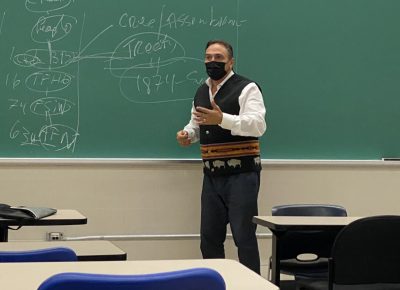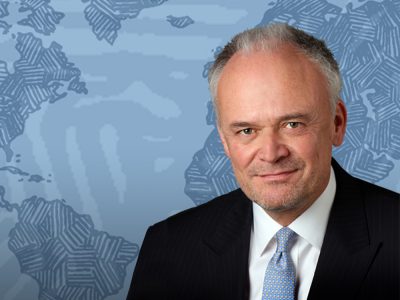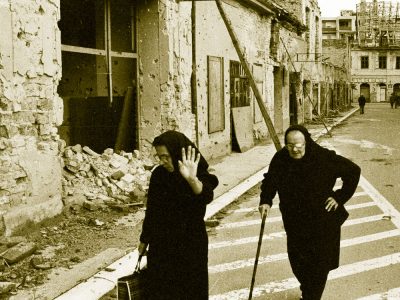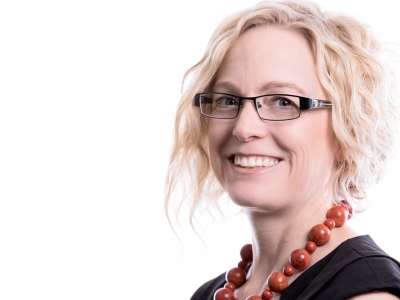By Karen Kelly
In 2016, the Truth and Reconciliation Commission called on Canadians to “redress the legacy of residential schools and advance the process of Canadian reconciliation.” At the same time, it called on universities to increase the “integration of Indigenous knowledge” into the classroom. The Faculty of Public and Global Affairs has sought to answer that call by bringing Indigenous history, perspectives and expertise into the curriculum.
One of the most significant initiatives in FPA is the Indigenous Policy and Administration program within the School of Public Policy and Administration, which began in 2014. Offering both a diploma and a concentration within the master’s degree, the program has graduates working with First Nation, Métis and Inuit governments and organizations, as well as in the governments and NGOs that work with these communities.
“Our program is a crossroads for exchange and learning among Indigenous and settler scholars, students, and communities,” says Jerry Sabin, the IPA graduate supervisor. “Our programs are grounded in a commitment to Indigenous self-determination and the development of policy tools that support the aspirations of Indigenous nations and their governments.”

Perry Bellegarde, former National Chief of the Assembly of First Nations, delivered a guest lecture on his organization’s approach to the Trudeau government.
In addition to the IPA degree, a number of courses are offering FPA students a greater understanding of Indigenous perspectives within their field of study. For instance, the Bachelor of Public Affairs and Policy Management (BPAPM) offers a concentration in Indigenous policy as well as an Indigenous Studies course taught by Andrés López in Carleton’s School of Indigenous and Canadian Studies.
“My hope is that students who take the class leave with different types of questions than the ones they started the class with,” explains López. “I hope that through our time together they can develop the skills to read and engage histories with a critical lens and ask themselves about the larger context and authors of the policies and histories they’ve been taught. My hope is that they also get a sense of Indigenous peoples’ struggles and resistances as well as their responsibilities to create change.”
López says the course can be challenging because students are learning a version of Canadian history that may differ from the one they grew up with. But they believe it’s important for students to hear it.
“For folks involved in public affairs and policy making it’s imperative that they understand not just the histories of specific policies, but the larger impact and implications that these policies continue to have on Indigenous communities,”says López. “Being able to engage with Indigenous frameworks and paradigms is important in understanding where there have been—and continue to be—missed opportunities to create healing and resolution to ongoing issues.”
Offering an International Perspective
In the winter 2022 term, Political Science Professor Gopika Solanki will be introducing students to a global perspective on Indigenous politics. The course will offer an overview of regional and international Indigenous politics with case studies from the Americas, Europe, Asia, the Pacific, and Africa.
“This course will enable students to engage with complex and interdependent political and legal developments shaping relations between state, society, and Indigenous peoples,” explains Solanki. “They will [not only] learn to appreciate the cultural and political histories of Indigenous peoples around the globe, but also appreciate that political issues related to Indigenous politics are both transnational and contextual.”
At the graduate level, the Master of Political Management (MPM) is offering the course “Political Relations between Canada and Indigenous peoples” by Wendy Moss, a former senior advisor to the Assembly of First Nations. The course was established on the initiative of program director Stephen Azzi, who says it provides critical information on Indigenous issues for students who will go on to work in the political realm.
“The place of Indigenous peoples in Canada is one of the defining issues of our age and is one that political staffers need to understand,” said Azzi. “The course examines several issues, including various forms of discrimination against Indigenous peoples, the use of rights dialogue by Indigenous peoples, and the meanings and implications of reconciliation.”
In addition to new courses, Carleton University has developed a number of Collaborative Indigenous Learning Bundles for use in existing lesson plans. They are designed to “provide the necessary factual and theoretical basis for understanding Indigenous history and politics in Canada, while also prompting students to consider how this knowledge might be applied in their area of study.”
You can learn more about Carleton University’s Indigenous initiatives in the Kinàmàgawin strategic plan.



